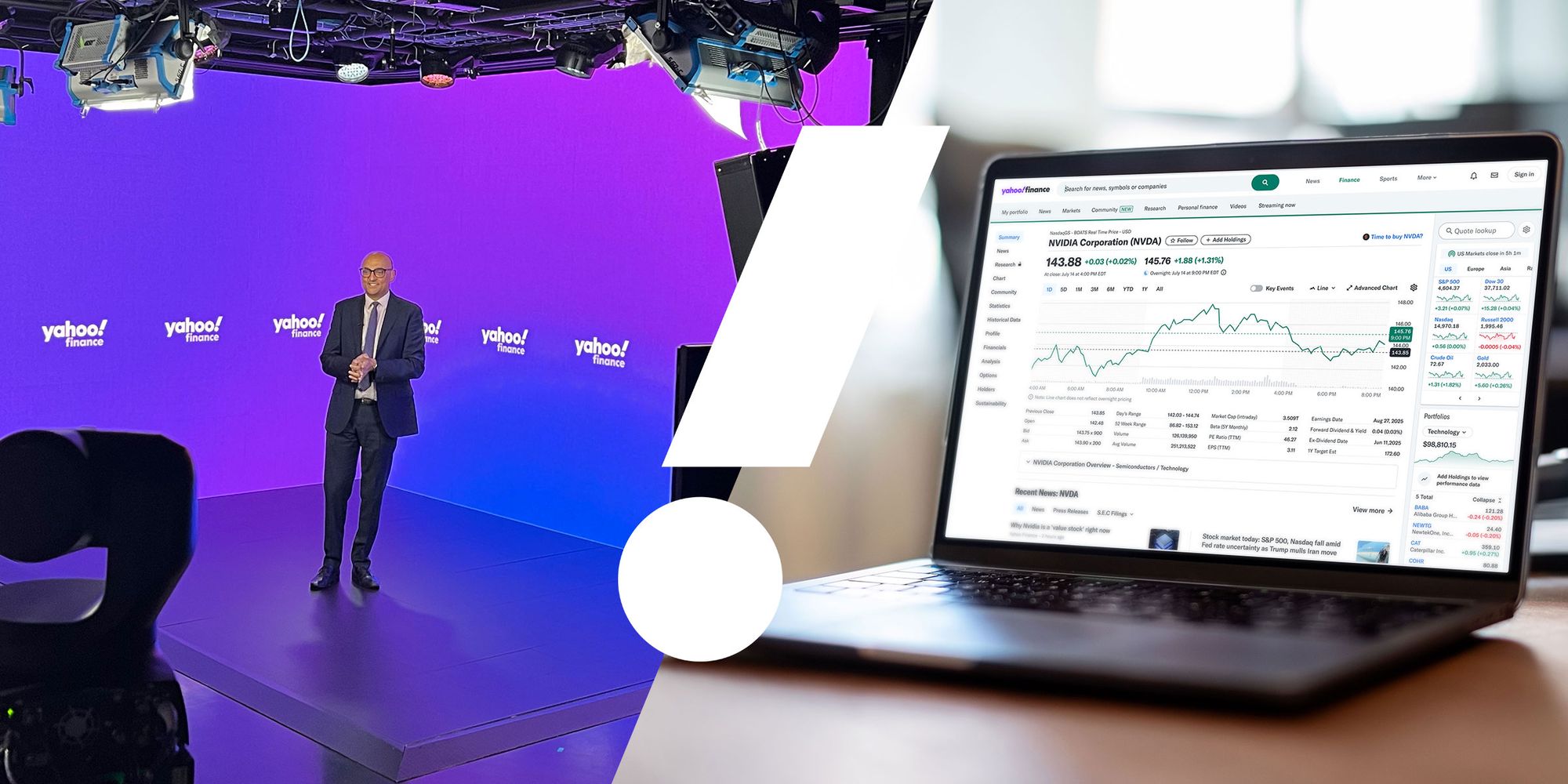Some day in the future, the bell signifying the beginning and end of equity trading will ring for the final time, as markets will simply stay open indefinitely.
Based on the rapid growth of Blue Ocean Technologies LLC, a Canadian-backed U.S. fintech startup focused on overnight trading, that day could be coming soon.
“It used to be that trading didn’t start until 10 a.m. because most of us didn’t get over our hangovers until around then, and trading would end at 3:30 p.m. so we could get an afternoon nip or something,” Tom Caldwell, chief executive officer of Toronto-based Urbana Corp., the largest individual shareholder in Blue Ocean with a roughly 35-per-cent stake, said in an interview.
“It is a much different world today, especially in terms of the technology where now the world doesn’t stop – so why should trading?”
Urbana, which owns pieces of several stock exchanges around the world – including 49 per cent of the Canadian Securities Exchange – invested $11.5-million in Blue Ocean in mid-2022. The money helped Blue Ocean CEO Brian Hyndman advance 24-7 trading – an idea he first explored more than a decade ago, when he was a senior vice-president at the Nasdaq.
“I spoke to a variety of customers, Goldman Sachs, Merrill Lynch and Morgan Stanley, and they said, ‘Listen, we just want to go home at 5, we don’t want to go overnight,’” Mr. Hyndman said in an interview from his home in Palm Beach Gardens, Fla.
“But when I was at Nasdaq I was speaking to the wrong people … I needed to be speaking with Futubull or Kiwoom,” he said – two of the largest retail investment brokerages based in Hong Kong and South Korea, respectively. “The real value was offering the trading of U.S. stocks in real time to Asian retail investors.”
North American investors can use Blue Ocean for overnight trades through Robinhood Markets Inc.
and Interactive Brokers. However, global investors – particularly in the Asia-Pacific – who previously wanted to trade U.S. stocks would either have had to wait until the middle of the night in their local time zone, or place a limit order before going to bed and hope the trade was executed by the time they woke up. Now, they can simply use Blue Ocean.
Since trading roughly one million shares every night between 8 p.m. and 4 a.m. Eastern Time in February, the Blue Ocean platform has averaged more than 30 million shares traded nightly as of early August. The bigger surprise than the overall growth, Mr. Hyndman said, was the diversity of stocks that get traded.
“We trade 4,000 stocks on any given night,” he said. “I thought we’d trade Nasdaq 100 or S&P 500, but we are really trading thousands of different stocks on any given night.”
While Blue Ocean has no current plans to expand into the Canadian market system, Mr. Hyndman said investors can still use his platform to trade the many Canadian stocks that maintain a U.S. listing.
Blue Ocean’s business model was appealing enough for the Japan Exchange Group, which owns the Tokyo Stock Exchange, to purchase a 5-per-cent stake in the company in early August. Not only will that deal provide 82 Tokyo-based brokerages with access to the Blue Ocean platform, but it also lays the groundwork for American brokers to trade Japanese stocks during U.S. daylight hours, Mr. Hyndman said.
Blue Ocean is far from the only company attempting to offer this 24-7 trading service. Turquoise, which is owned by the London Stock Exchange Group and has been operating since 2016, may be the most notable one, though it is largely focused on providing access to European securities.
Another rival, 24 Exchange, was founded in 2018 by former Credit Suisse banker Dmitri Galinov. Based in Bermuda, the platform chose to initially focus on crypto trading before filing an application with the U.S. Securities and Exchange Commission for a licence to offer 24-7 trading in U.S. equities. It subsequently withdrew its application, with Mr. Galinov saying the company ran out of time to win approval.
“There is no secret sauce” to what Blue Ocean is doing, Mr. Hyndman said, and “nothing is stopping more competitors from getting into this space.”
He added: “We do have first-mover advantage, though, and hopefully we will get another year out of it before we see some real competition.”
Ultimately, equities are just playing catch-up to other kinds of public securities that have been trading virtually non-stop for many years. Derivatives, fixed income and foreign-exchange markets around the world often trade for more than 20 hours a day.
Canada’s market for derivatives expanded to 20.5 hours of trading a day in 2021. (Derivatives are financial products that are priced based on fluctuations of the underlying value in an underlying asset, such as futures contracts for crude oil.)
“Clients were asking for this, as more than 50 per cent of our activity is driven by international participants,” Luc Fortin, global head of trading for TMX Group
, said in an interview from his office in Montreal. TMX owns the Montreal Exchange, which is where Canadian derivatives trading is based.
If there is demand for Canada to match the 23 hours during which other derivatives markets stay open, Mr. Fortin added, “then we will definitely do that.”
Equities market hours haven’t expanded to the same degree that derivatives have because there are complications unique to them. Companies generally release market-moving announcements, such as quarterly earnings, when equity markets are closed.
Nonetheless, Mr. Fortin said, equity markets are heading in that direction.
“If you go back to the 1970s, 1980s and 1990s, to the days of physical traders in pits, those folks had that machismo kind of approach to trading that was almost like a locker-room environment,” he said. “It really was nothing like the type of technology-driven, model-driven and information-driven trading that we have nowadays.”
Follow Jameson Berkow on Twitter: @JamesonBerkowOpens in a new window


